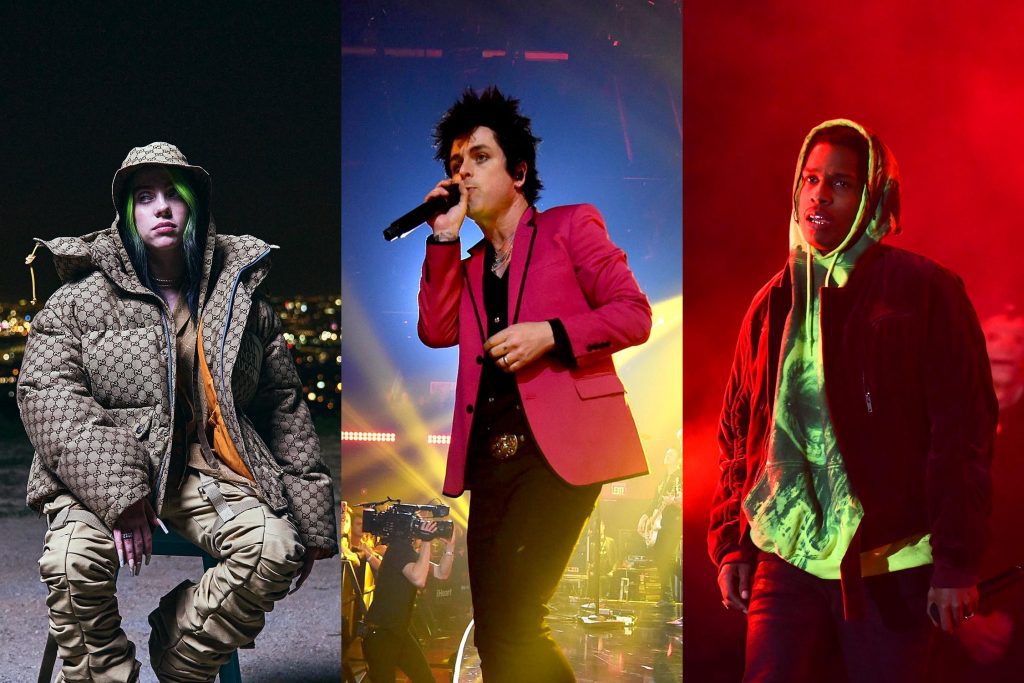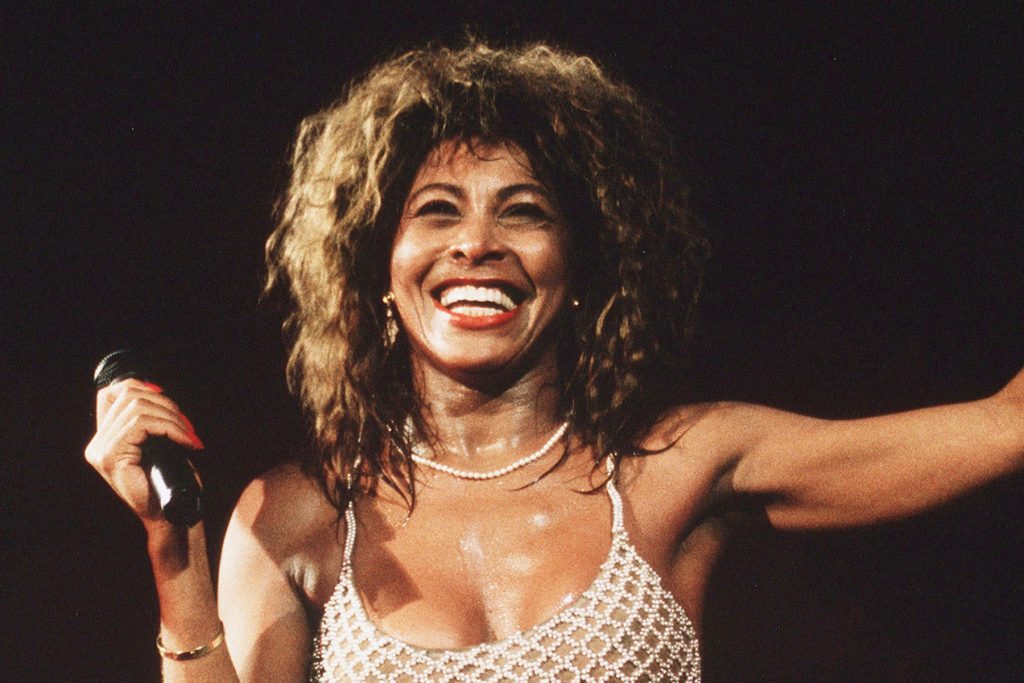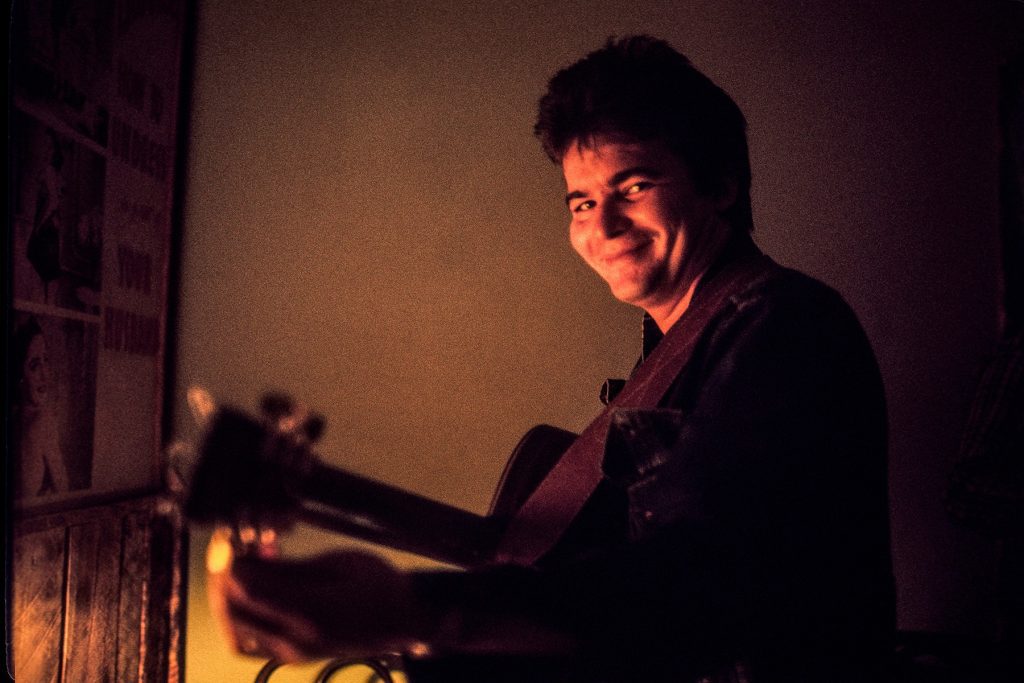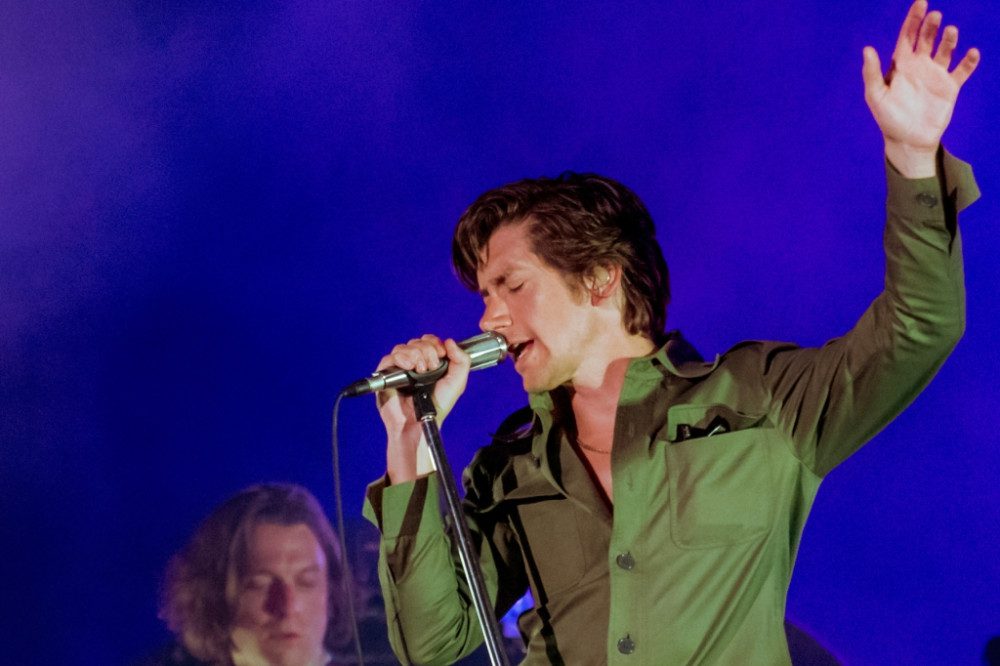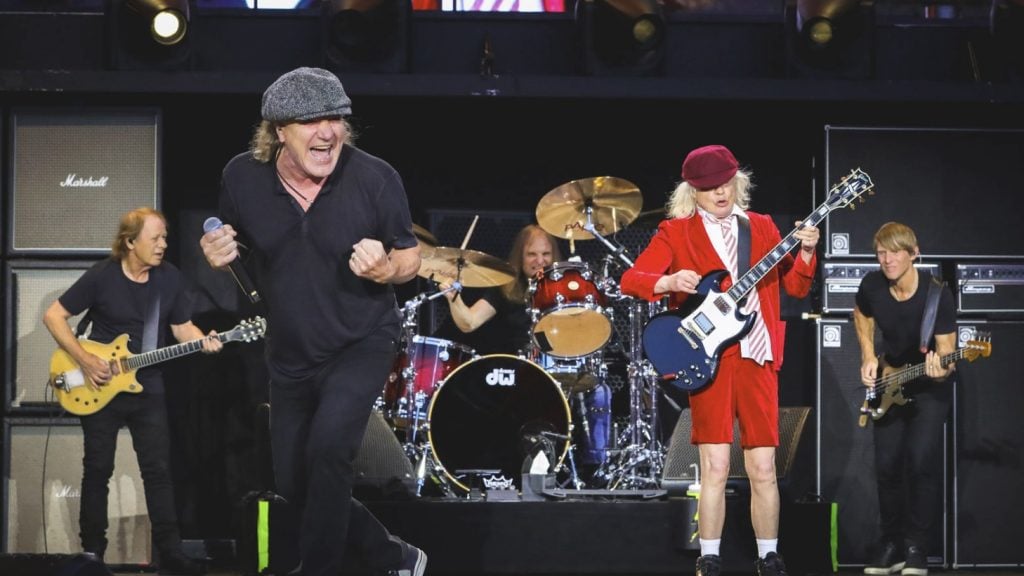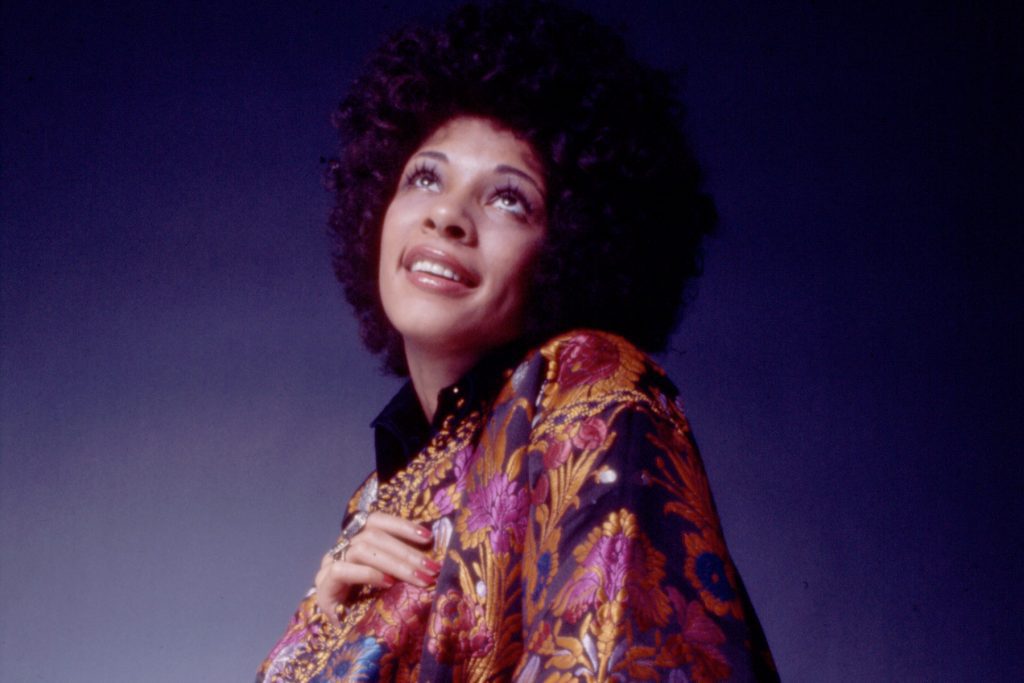
Jamila Woods on the Doors That Betty Davis Opened
For this year’s annual Women Shaping the Future issue, we asked 12 of today’s top musical acts to talk about the women who have inspired them most in their lives and careers. Here, Jamila Woods talks about the ways that Betty Davis’ music inspired her and cleared the way for generations of black women artists.
The first time I heard of Betty Davis was in college. I was in a class that was about Miles Davis, and we were reading his autobiography. I got to the page where he was describing meeting her and how she influenced his fashion and his art. She styled him, and she introduced him to Jimi Hendrix, and that changed his trajectory to go toward more psychedelic rock.
When I listened to her music, I was instantly struck by the quality of her voice. She makes me want to listen to what she’s saying, and I don’t think I understood the power of that for a long time. Listening to her records, it’s this raw emotion that makes you believe what she’s saying. That’s a really good lesson as an artist. I can get caught up in “Oh, did I hit the note?” to the point where I forget “Why did I even write the song? What am I feeling while I’m saying these words that I wrote?” She’s transmuting energy through her voice, which is really powerful.
blogherads.adq.push(function () {
blogherads
.defineSlot( ‘medrec’, ‘gpt-dsk-tab-article-inbody1-uid0’ )
.setTargeting( ‘pos’, [“mid-article”,”mid”,”in-article1″,”mid-article1″] )
.setSubAdUnitPath(“music//article//inbody1”)
.addSize([[300,250],[620,350],[2,2],[3,3],[2,4],[4,2]])
;
});
She talked about love and sex in a way that felt like you were hearing from an auntie or sister. It felt very intimate and very specific. Her subject matter and her image er ahead of her time. [In the documentary They Say I’m Different] she would say, “I just talk aggressively and I know what I want, and men don’t like that. They like for women to be submissive.” She wouldn’t compromise on that.
When I was working on my album Legacy! Legacy!, I became obsessed with interviews by black artists. There was one recorded interview with Betty Davis I listened to, and this one was intriguing to me because she would sometimes just answer “no.” It seemed like there was a human boundary that she wasn’t willing to cross for the sake of press. Later on, as I became an artist who has to navigate those things, I would always think back to that. You can have your own protected space of things that are just for you.
Today we can see and hear the influence of Betty Davis in so many places. One thing I think about is the way that she sat across the intersection of a bunch of genres — funk, soul, rock. That makes me think of a lot of artists these days. She owned her own sexuality and expressed that onstage and wasn’t afraid to sing about that in her music. That makes me think of so many black women artists in hip-hop, R&B, and soul who are comfortable with expressing that part of themselves, whether it’s Cardi B, Megan Thee Stallion, SZA, Ari Lennox. It’s not about allowing it to be commodified, but more just saying, “This is a part of me and a part of my authentic expression.” She really laid the groundwork for that.
